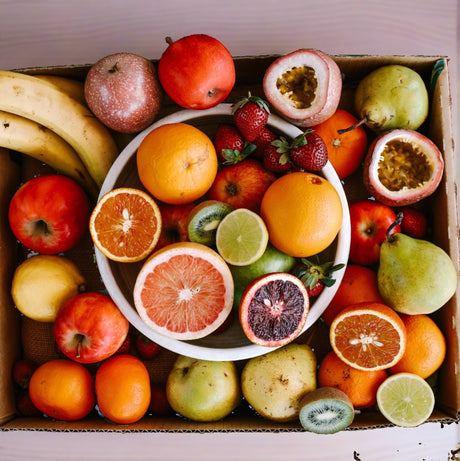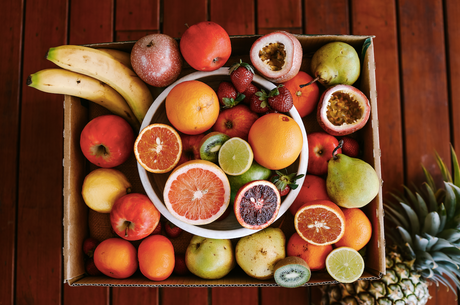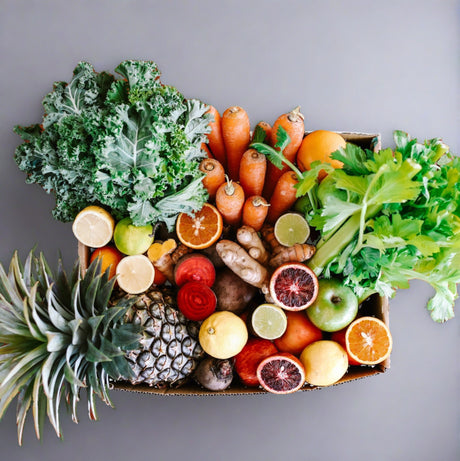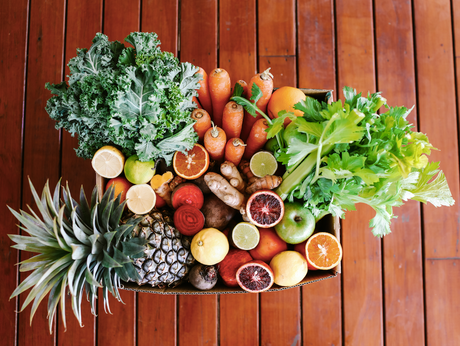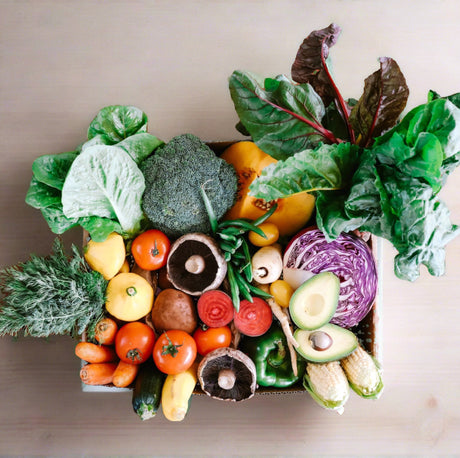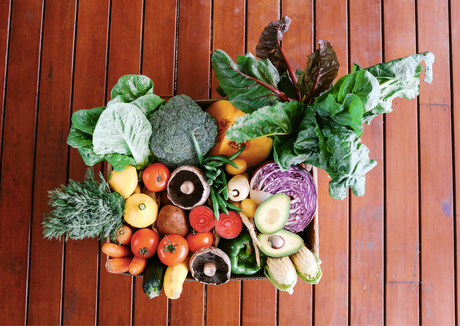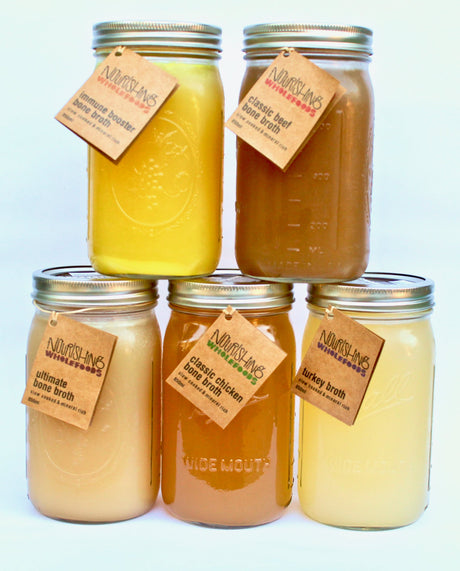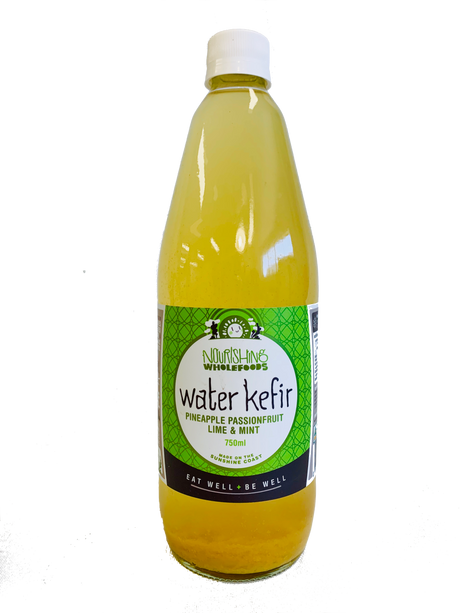1. Walnuts
Walnuts may provide the same benefits as fatty fish, making them a great addition to the diet, especially for vegans and vegetarians.
Walnuts are among the richest sources of both omega-3 and omega-6 unsaturated fatty acids, according to a review published in 2012.
The authors also estimated that 95–99 percent of the population consumes fewer omega-3 fatty acids than are necessary for good health.
Maintaining a balance between these two fatty acids is essential. A typical Western diet contains excessive levels of omega-6 fats, which can cause inflammation and worsen inflammatory skin conditions, such as eczema or psoriasis.
2. Almonds
Almonds are rich in unsaturated fatty acids, and they are a particularly good source of vitamin E.
Many seeds are rich sources of antioxidants and unsaturated fatty acids that may help promote healthy skin.
3. Sunflower seeds
Like nuts, sunflower seeds are rich in protective fatty oils.
According to figures from the U.S. Department of Agriculture, sunflower seeds also contain substantial amounts of zinc and vitamin E. Both may help to protect skin cells.
4. Flax seeds
Flax seeds are rich in an omega-3 fatty acid called alpha-linolenic acid (ALA).
Grinding fresh flaxseeds into a smoothie or onto a salad can be a simple way to add more omega-3 fats to the diet and keep the skin looking healthful.
Authors of a study from 2011 found that female participants with sensitive skin who took a flaxseed oil supplement for 12 weeks experienced:
- reduced skin sensitivity
- reduced roughness
- reduced scaling
- increased hydration
- smoother skin
5. Soy
Tofu, made from soybeans, may help improve skin elasticity.
Soybeans contain compounds called isoflavones, which may play an important role in protecting the skin, especially for females.
Authors of a review from 2017 cite findings that suggest that middle-aged female participants who consumed more of the specific isoflavones found in soy had fewer fine wrinkles and more skin elasticity.
The authors concluded that these isoflavones may have a more significant effect during menopause, when reduced estrogen levels cause the skin’s elasticity to diminish.
6. Avocados
Avocados are rich in healthful fats and vitamin E, which support the health of the skin.
The fats in avocados are essential fats, which humans need to consume because the body cannot produce them.
Authors of a review from 2013 noted that avocados also contain compounds like lutein and zeaxanthin, which help to protect the skin from both UV and visible radiation damage.
7. Olive oil
Among cooking oils, olive oil may be the most healthful choice for the skin.
Results of a study from 2012 support the more widely held conclusion that a diet rich in olive oil reduces the effects of photoaging on facial skin.
The researchers attribute this effect to monounsaturated fatty acids in the oil, as well as other compounds, such as squalene, which the authors suggest may protect against dryness and damage from free radicals.
8. Green tea
Green tea makes for a healthful, energizing drink, and it contains certain compounds that may benefit the skin.
According to the authors of a study from 2011, green tea is especially rich in antioxidants called catechins, which boost blood flow to the skin. Increased blood flow ensures that the skin cells are regularly receiving fresh oxygen and nutrients, which help to maintain their health.
The researchers found that participants who drank green tea regularly for 12 weeks had improved skin health, including:
- better elasticity
- less roughness
- reduced scaling
- improved skin density
- a more healthful amount of water in the skin
The antioxidants in green tea can also protect the skin from harmful UV radiation.
9. Fatty Fish
Some people with skin issues stay away from fatty foods. However, it is important to note that not all fats are the same.
Cold-water fatty fish, including herring, sardines, and salmon, may benefit the skin, as they are abundant sources of omega-3 fatty acids.
Authors of a study from 2016 found “considerable evidence” that omega-3 fatty acids help reduce the risk of non-melanoma skin cancers, especially in people who have the highest risks.
The researchers found that the acids reduce damage from ultraviolet (UV) radiation and markers of inflammation and immunosuppression in the skin. A diet high in omega-3 acids may, therefore, help reduce inflammatory symptoms and make the skin less reactive to UV rays from the sun.
Fatty fish also provide vitamin E, a crucial antioxidant. Vitamin E protects the skin from inflammation and harmful free radicals
10. Dark chocolate
High-quality chocolate with a high cacao content may also help to protect the skin.
Authors of a review from 2014 note that cacao is rich in antioxidants and minerals that have an anti-inflammatory effect on the skin. They also explored the use of chocolate in the prevention and treatment of skin issues, including acne and psoriasis.
11. Water
Staying hydrated can help skin cells release toxins.
Water supports the functioning of every system in the body, and it benefits the skin in many ways.
For example, staying hydrated protects skin cells from damage, including that caused by environmental factors. Also, hydration makes it easier for skin cells to absorb nutrients and release toxins.
Drinking more water may be the easiest way to support the health of the skin.
12. Carotene and beta-carotene
Antioxidants called carotenoids have many health benefits, including protecting the skin from damage caused by free radicals and overexposure to the sun.
Vibrant green, yellow, orange, or red fruits and vegetables are often rich sources of these protective antioxidants.
Eating more of the following can help to increase the number of carotenoids in the diet:
- mangoes
- papayas
- carrots
- yams
- sweet potatoes
- bell peppers
- spinach
- kale
Things to avoid
The following dietary and lifestyle factors can damage the skin:
- Too much caffeine: Caffeine is a stimulant and a diuretic. Consuming a large amount of caffeine on a regular basis may remove an unhealthful amount of water from the body and dry out the skin.
- Harsh chemicals: To soothe flare-ups or treat sunburn, a person may apply topical products that contain harsh chemicals, additives, or perfumes. These can aggravate many skin conditions, and they may be especially dangerous for people with sensitive skin.
- Processed or refined foods: Foods that contain high amounts of refined sugars and carbohydrates may speed up the skin’s aging process. People looking to protect their skin may wish to avoid these foods.




